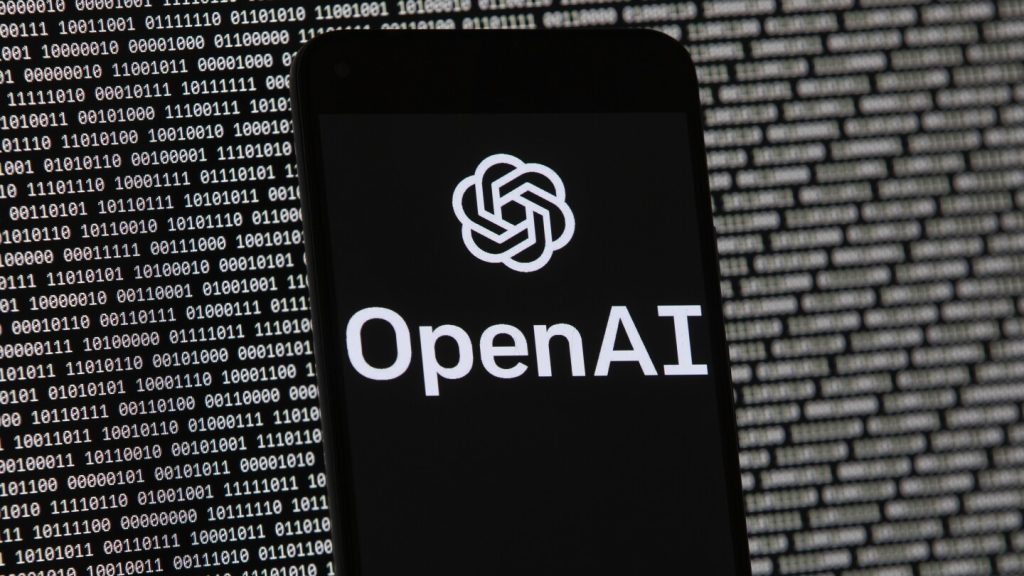OpenAI is a nonprofit organization based in Mountain View, California, that was established in 2016 with the aim of advancing digital intelligence for the benefit of humanity. The organization initially applied for tax-exempt status with the IRS and disclosed its assets, which included a $10 million loan from one of its founding directors, Sam Altman. While OpenAI initially stated that it would not enter into joint ventures with for-profit entities or engage in developing commercial products, its current structure includes a for-profit subsidiary valued at $157 billion by investors.
Over the years, OpenAI has evolved its mission and goals in response to technological advancements, but it maintains that it does not carry out any commercial activities. However, its rapid growth and changing structure have raised concerns among nonprofit experts about the extent to which its primary activities align with its charitable mission. Some experts question whether certain individuals may privately benefit from OpenAI’s work, which is prohibited for nonprofit organizations.
Despite the changes in its corporate structure, OpenAI has taken steps to comply with regulations governing nonprofit organizations. The organization’s application to the IRS in 2016 outlined its early research goals, which included training AI agents, developing robots for housework, and technology to follow natural language instructions. Today, OpenAI’s products far exceed these initial goals, with offerings like text-to-image generators and emotion-detecting chatbots.
In its application to the IRS, OpenAI stated that it planned to release its research results to the public and develop software under open-source licenses. The organization also intended to retain ownership of any intellectual property it developed. As OpenAI considers altering its corporate structure, questions may arise regarding the ownership of intellectual property and the allocation of resources between the nonprofit and for-profit entities.
The Associated Press and OpenAI have a licensing and technology agreement that grants the organization access to part of AP’s text archives. The AP’s coverage of philanthropy and nonprofits is supported through collaborations with organizations like The Conversation US, with funding from Lilly Endowment Inc. For more philanthropy coverage from the AP, visit their hub dedicated to the topic. Overall, OpenAI’s journey from a small nonprofit seeking tax-exempt status to a leading AI research organization with a for-profit arm highlights the complexities and ethical considerations involved in advancing technology for the benefit of society.


